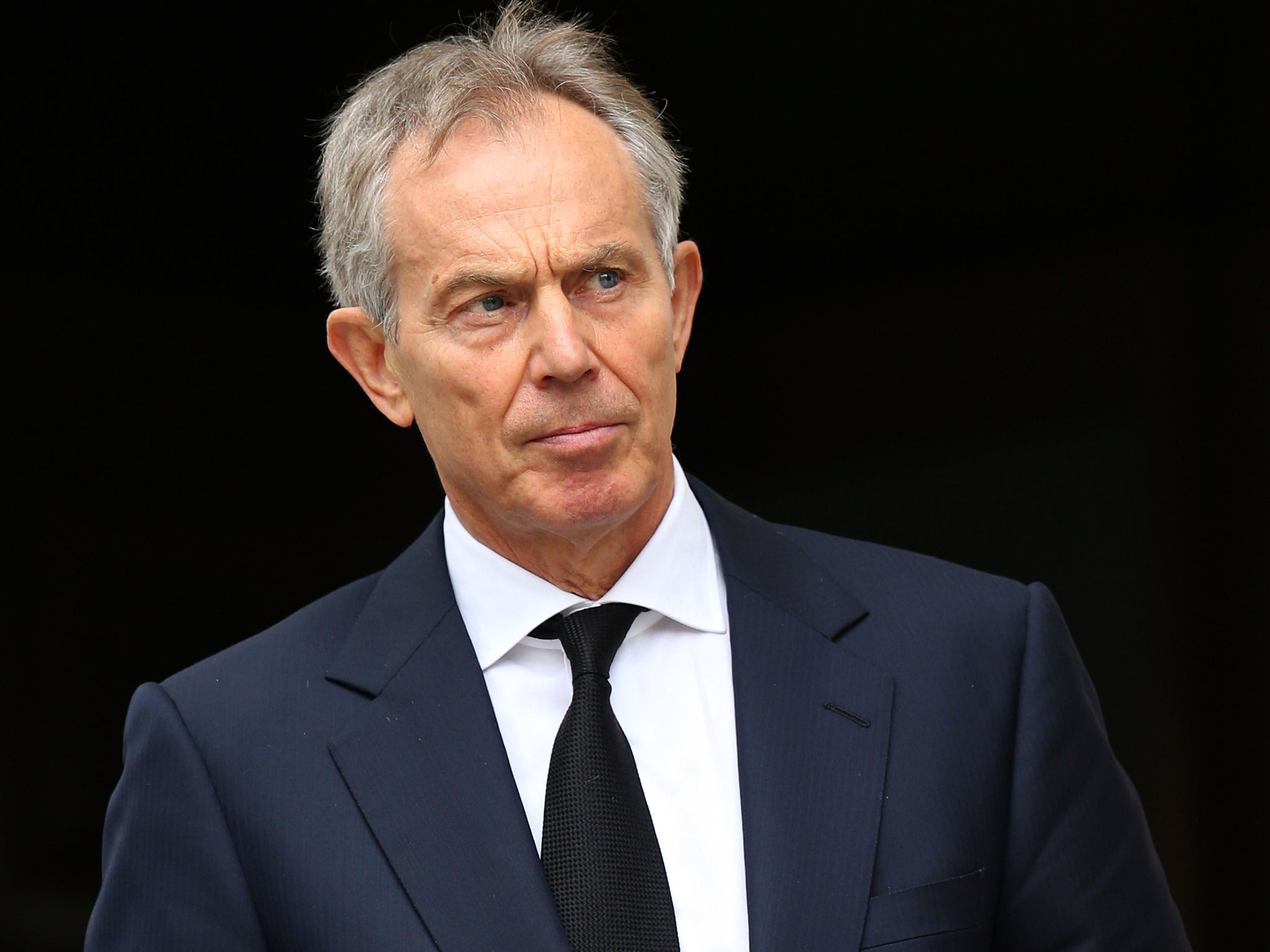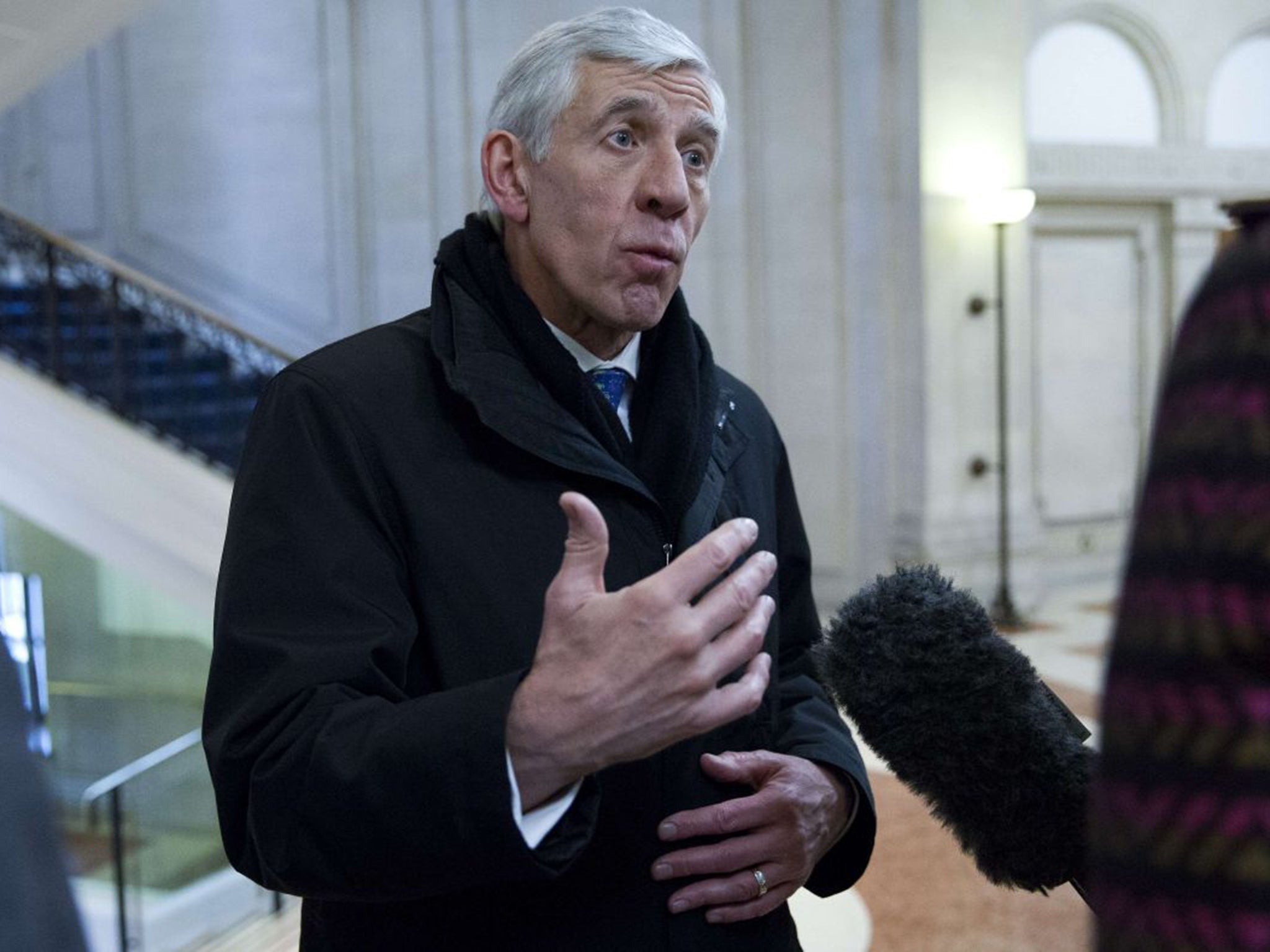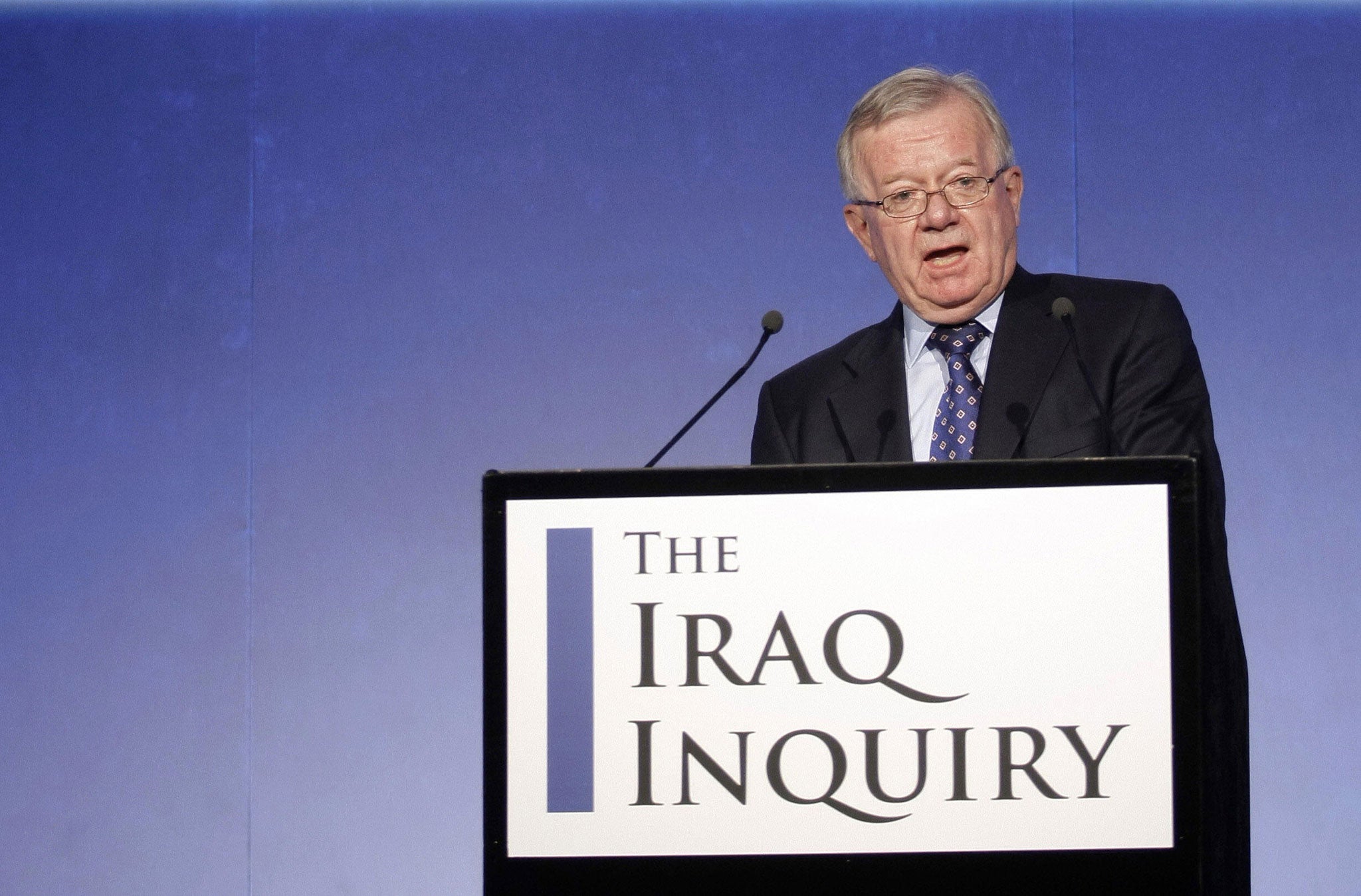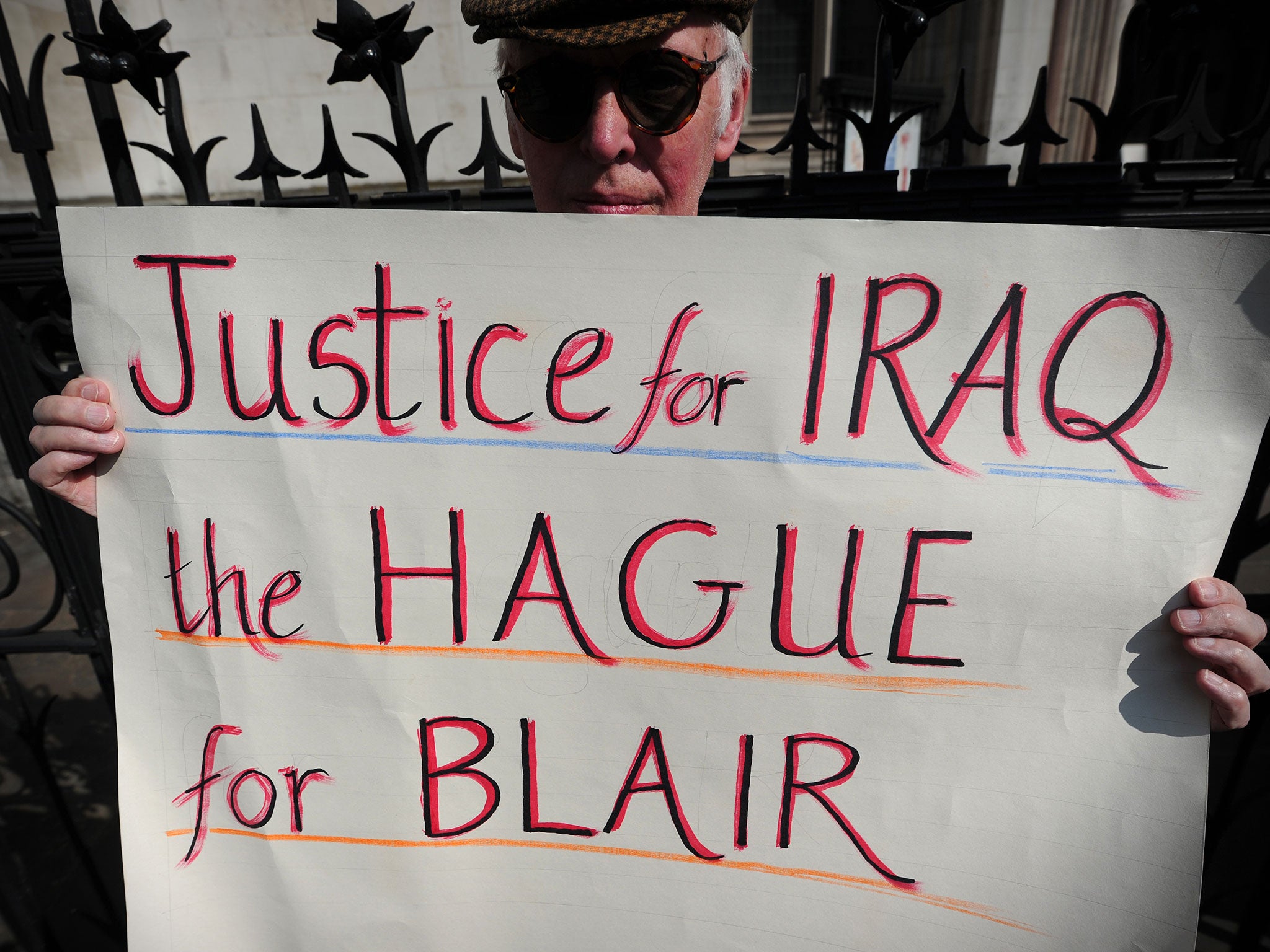Iraq war blame bigger than Blair: Chilcot Inquiry to point fingers at ministers and intelligence chiefs
But the date of publication for the long awaited report remains unknown

Your support helps us to tell the story
From reproductive rights to climate change to Big Tech, The Independent is on the ground when the story is developing. Whether it's investigating the financials of Elon Musk's pro-Trump PAC or producing our latest documentary, 'The A Word', which shines a light on the American women fighting for reproductive rights, we know how important it is to parse out the facts from the messaging.
At such a critical moment in US history, we need reporters on the ground. Your donation allows us to keep sending journalists to speak to both sides of the story.
The Independent is trusted by Americans across the entire political spectrum. And unlike many other quality news outlets, we choose not to lock Americans out of our reporting and analysis with paywalls. We believe quality journalism should be available to everyone, paid for by those who can afford it.
Your support makes all the difference.The long-awaited Chilcot report looks set to share the blame for Britain's role in the Iraq war among a wider circle of senior figures than expected, according to sources close to the investigation.
The Guardian has reported that the inquiry, led by Sir John Chilcot, would condemn ministers and officials beyond Tony Blair and the former Prime Minister's most trusted advisers.
Among those who could be facing criticism are Jack Straw, the Foreign Secretary at the time of the invasion; Sir John Scarlett, then Chairman of Cabinet Office Joint Intelligence Committee; Sir Richard Dearlove, then head of MI6; Clare Short, then International Development Secretary and Geoff Hoon, who was Defence Secretary at the time.

Delays in the publication of the report due to the process of "Maxwellisation", which seeks responses from those who face criticism, had been lengthened because of the broad number of those under fire, the paper said.
Every individual criticised is being sent the draft passages relating to them prior to publication, giving them an opportunity to comment.
The apparent lack of progress with the report, which has been in the making for over six years, has been a growing source of frustration and angst for families of British soldiers who died during the conflict, and for PM David Cameron, who has demanded a timetable for publication be set out "pretty soon".
It comes just weeks after Sir John wrote to Tory MP Crispin Blunt to highlight his need for “additional assistance” in the closing stages of the report.

Sir John has insisted his inquiry, launched in 2009, was making "significant progress", having heard from some 150 people during its operation. However, there has not yet been a date set for the publication of any findings.
The Guardian said a source close to the inquiry suggested that while military decisions after the invasion in 2003 will be called into question, "the bulk of the criticism would be directed less towards the military than others involved".
The inquiry was launched during Gordon Brown’s time as Prime Minister, with the task of considering the UK’s actions in relation to Iraq between summer 2001 and July 2009, from the time prior to the invasion until the aftermath.
It will examine “the UK's involvement in Iraq, including the way decisions were made and actions taken, to establish, as accurately as possible, what happened and to identify the lessons that can be learned".

The primary focus of the inquiry has been on the events leading up to the 2003 invasion, with the question of whether the military action was legal and the reliability of intelligence high on the agenda.
In June this year, sources close the the inquiry suggested the report was "unlikely to be published for another year at least", at a cost of over £10m to the British taxpayer.
The inquiry was initially expected to publish findings before the 2010 election, and MPs were said to be furious before this year's general election, some five years later, when the report failed to surface before poling day.
By the end of this year, the inquiry will have been sitting for longer than British combat forces were actively deployed in Iraq.
Subscribe to Independent Premium to bookmark this article
Want to bookmark your favourite articles and stories to read or reference later? Start your Independent Premium subscription today.
Join our commenting forum
Join thought-provoking conversations, follow other Independent readers and see their replies
Comments